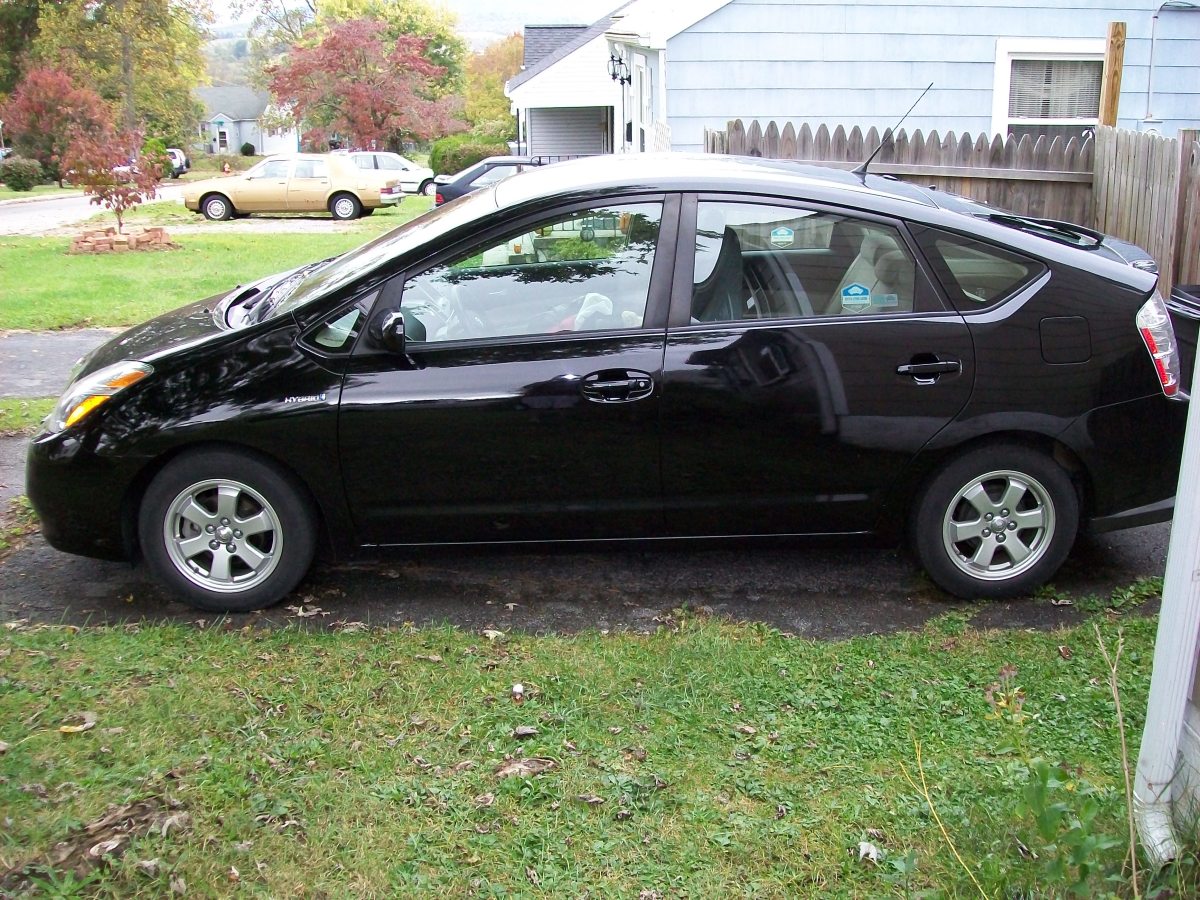Running On Natural Gas
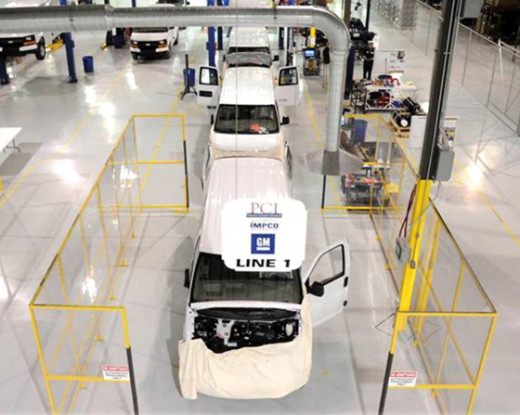
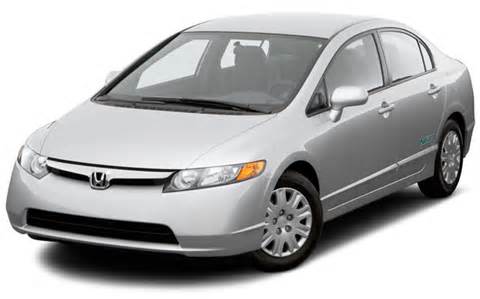
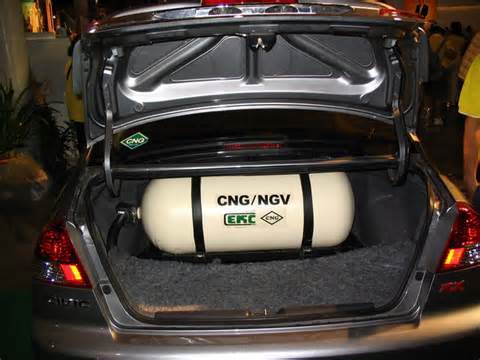
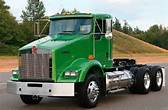
In the past few years, a growing global transportation trend is natural gas vehicles (NGVs). Dependent upon the requirements, vehicles can run upon either liquefied natural gas (LNG) or compressed natural gas (CNG). In general, long haul transport trucks run on LNG while smaller vehicles use CNG.
The Statistics
Globally, some 12 million vehicles run on CNG. The number is approximately 250,000 in the United States. Roughly, 12,000 NGVs are in Canada. This number is growing as major transportation companies such as Waste Management (WM) and industries such as Canadian industry McCain Foods Ltd. is converting their vehicles to natural gas in an attempt to save on fuel costs. This is why countries throughout Europe, Asia and Latin America are using NGV.
The most common users of CNG are suppliers of public transportation. This includes buses. LNG however, is reserved for heavy-duty vehicles such as large transport trucks and even trains. It is a more environmentally friendly replacement for diesel fuel.
Benefits
The benefits of converting vehicles to natural gas are diverse. They involve both environmental and financial concerns. In essence, they boil down to the following:
- Environment: NGVs reduce the number of harmful environmental emission pollutants such as carbon monoxide and nitrogens
- Fuel costs: Both CNG and LNG are cheaper than the current fuel – approximately 1/3 to ½ regular or diesel fuel
- Maintenance: Overall, NGV require less maintenance including oil changes. This makes them cheaper to run and operate long-term
- Safety: The tanks of NGVs are sturdier than those of regular vehicles
- Availability: Natural gas is plentiful in North America
Drawbacks
Everything in life has pros and cons. Owning and operating a NGV is not different. Among the drawbacks are:
- The initial layout for a NGV or even to convert one is higher
- Many individuals consider the current NGVs to be smaller, less roomy
- The driving range is definitely less than that for a traditional vehicle
- The choice of NGV is extremely limited – though this can change in the future. Among the major innovators in NGVs are Honda and Daimler Chrysler. Recent (2013) hybrids include trucks from Dodge (Ram), Ford Pick-up and General Motors (GM). There are also several CNG vehicles by Chevrolet including the Chevrolet Silverado 2500, Chevy Savana vans and Ford Transit and Transit Connect vans
- Sufficient and convenient refuelling stations across Canada and the United States do not exist.
- Natural gas, while currently plentiful, is NOT a renewable resource.
Conclusion
NVGs offer an alternative to traditionally fuelled vehicles. They have both positives and negatives. While being less environmentally abusive, the fuel is a finite resource. While some may promote NGVs as a responsible move, it is best to not forget about the other alternatives including solar.








